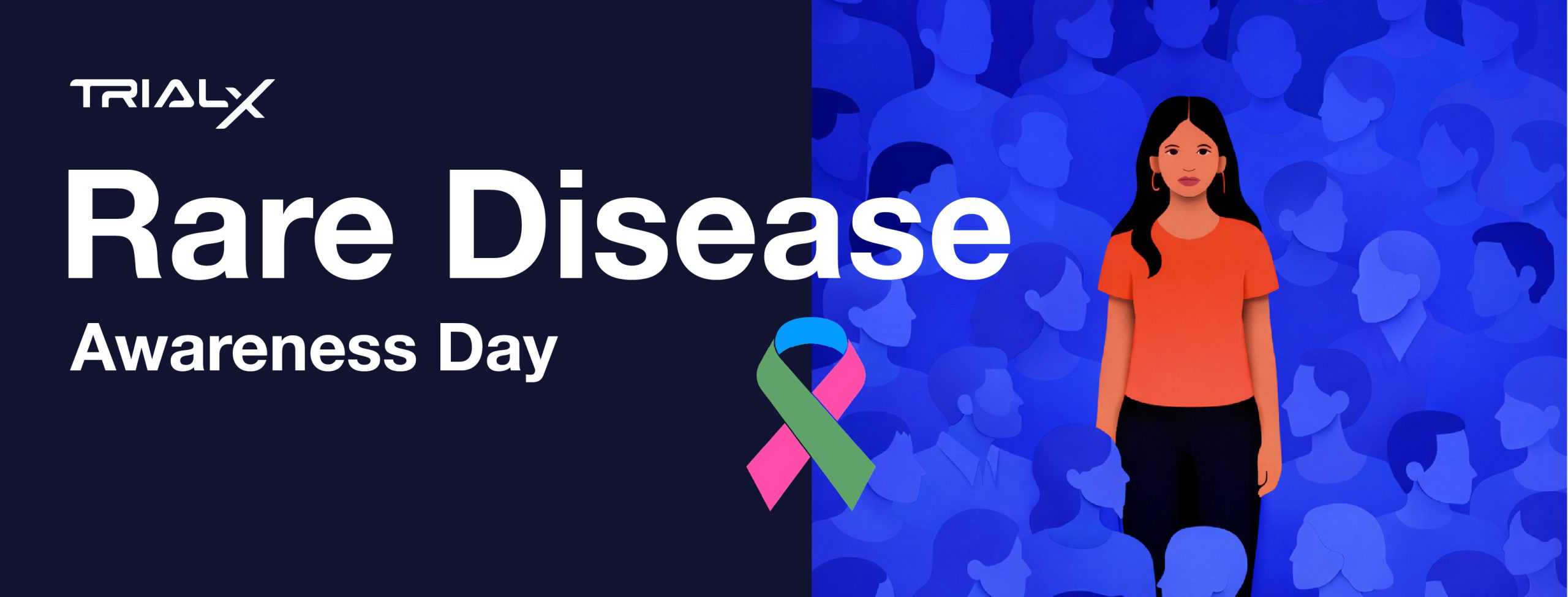Helping Patients Navigate Clinical Trials with Ease: The Role of Clinical Trial Technologies
Clinical trials serve as a foundation for medical advancements, driven by individuals undertaking a unique journey— the trial participants. Fueled by hope and altruism, patients aspire to contribute to medical progress while navigating uncertainties inherent in the experimental nature of trials. Therefore, the decision to participate involves a thoughtful evaluation of benefits and risks. The daily life of a participant in clinical trials is not without its challenges.
- Adapting to new treatment regimens may bring about physical and emotional adjustments.
- Managing additional medical appointments can be time-consuming and may disrupt established routines.
- Potential side effects, both anticipated and unforeseen, add a layer of complexity to the participant’s daily experience.
Add to these – complex protocols, logistical issues, and the burden of constant monitoring. These challenges underscore the importance of patient recruitment management systems and technologies facilitating remote data collection, not only in streamlining the logistics of clinical trial participation but also in minimizing disruptions to the participant’s everyday life. Here’s how clinical trial technologies are helping patients navigate clinical trials with ease, and in the process, helping investigators find participants for research.
Clear and Accessible Information Facilitates Informed Decision Making
Clinical trial technologies empower patients with clear and accessible information. User-friendly platforms ensure that trial details, eligibility criteria, and potential benefits are presented in a comprehensible manner. By breaking down complex information, these technologies make it easier for patients to understand the intricacies of the trial, aiding in informed decision-making.
Digital Informed Consent Processes Eases Site Burden
The advent of digital informed consent processes has revolutionized the onboarding experience for clinical trials. Clinical trial technologies allow patients to review and sign consent forms online, streamlining the administrative aspects of participation. This digital approach enhances efficiency, convenience, and ensures that patients are well-informed about the trial protocols.
Remote Screening and Enrollment Expedites Patient Recruitment & Retention
Technologies such as clinical trial patient recruitment softwares facilitate remote screening and enrollment, eliminating geographical barriers. Patients can express interest, undergo initial assessments, and even enroll in trials from the comfort of their homes. This not only expedites the recruitment process but also enhances accessibility for individuals who may face logistical challenges.
Virtual Visits and Remote Monitoring Simplifies Participation
The integration of virtual visits and remote monitoring technologies brings clinical trials to the fingertips of patients. Routine check-ins, monitoring of symptoms, and data collection can now occur remotely, reducing the need for frequent in-person visits. This not only simplifies the participation process but also enhances the overall convenience for patients.
Wearable Devices and Mobile Apps enable Quality, Real-Time Data Collection
Wearable devices, smartwatches and mobile apps have emerged as invaluable tools for collecting real-time health data from participants. These technologies empower patients to contribute quality real-time data on vital signs, activity levels, medication adherence and more in the form of Electronic patient reported outcomes (ePROs) from the comfort of their homes. This not only enhances the accuracy of data collection but also empowers patients to actively and continuously contribute to the research process.
Personalized Communication Channels & Feedback Mechanisms Keep Participants Informed
Effective communication is a cornerstone of a patient-centric clinical trial experience. Clinical trial technologies provide personalized communication channels, allowing participants to stay informed about their trial progress, receive updates, and connect with healthcare professionals seamlessly. These channels foster a sense of engagement and involvement throughout the trial journey. In addition, incorporating feedback mechanisms into clinical trial technologies allows patients to share their experiences. This two-way communication fosters a collaborative environment where patient insights contribute to the continuous improvement of trial processes, ensuring that the patient’s perspective remains at the forefront of technological advancements.
Educational Resources and Support Enhance Patient Experience
Clinical trial technologies offer educational resources and support features within their platforms. Patients can easily access information about their specific trial, potential side effects, and available support services, presented in a way that is comprehensive. This ensures that participants are well-equipped with the knowledge and resources they need to navigate the trial journey confidently.
Ensuring Data Security and Privacy Builds Trust
Trust is paramount in clinical trial participation. Clinical trial technologies prioritize data security and privacy, implementing robust measures to safeguard patient information. This commitment builds trust among participants, assuring them that their personal health data is handled with the utmost care and adherence to privacy standards.
How is TrialX’s clinical trial management system helping patients find and participate in relevant clinical trials?
TrialX is a leader in patient recruitment management and remote data collection platforms in clinical research. Its award winning clinical trial recruitment management approach bridges the gap between patients and researchers by allowing patients to easily find relevant trials, understand the trial information and securely communicate with the study team seamlessly. TrialX’s enterprise recruitment platform was recently selected to power the Fox Trial Finder, a critical tool for the Parkinson’s community to access and navigate clinical trial information. Interested individuals can now search eligible studies based on location and health history. They can also sign up to receive email updates from The Michael J. Fox Foundation regarding upcoming studies they may be eligible for.
TrialX’s data collection platform is helping a variety of participants engage in their clinical trials via mobile apps. Even astronauts on commercial space missions are capturing clinical data using TrialX. Recently, we were selected to be a part of a groundbreaking collaboration led by the Translational Research Institute for Space Health that, in partnership with Massachusetts Institute of Technology and Caltech, is spearheading transformative projects to enhance healthcare delivery and data management for spaceflight participants and researchers. These projects hold the potential to reshape the future of space health as well as transform healthcare here on earth.
As clinical trial technologies continue to evolve, their impact on patient navigation becomes increasingly profound. From simplifying the recruitment funnel to enabling remote participation, these technologies are instrumental in creating a more patient-centric and accessible landscape for clinical trials. By harnessing the power of innovation, we can empower patients to navigate clinical trials effortlessly, fostering a collaborative journey toward medical advancements and improved healthcare outcomes.


